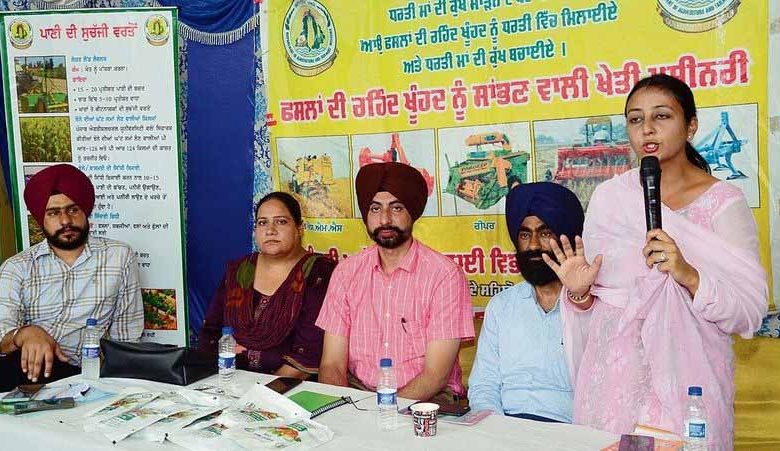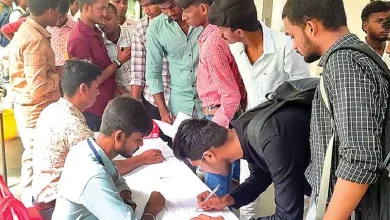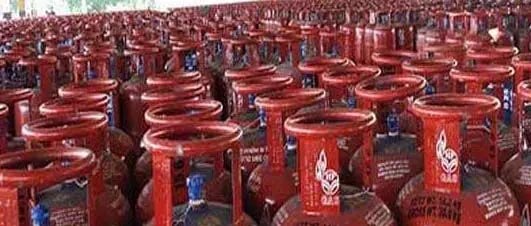Punjab: Awareness camps continue, not much improvement on ground level

Punjab: The government is holding awareness camps across the state to motivate farmers not to burn paddy stubble, but many of these efforts are failing. Addressing farmers at a block level awareness camp at Jamsher village here today, an official of Krishi Vigyan Kendra (KVK) said, “Burning of stubble is dangerous for both the environment and human health. Instead of burning stubble, its proper disposal should be ensured using stubble management machines.” While some farmers agreed, others did not agree. Another agriculture department official said, “Field burning also affects the nitrogen content in the soil. Hopefully, you will not burn stubble now.” “They are repeatedly saying the same thing. The cost of managing paddy stubble is very high, while burning stubble does not cost anything,” said a 60-year-old farmer. Jamsher in Jalandhar East block is one of the hotspots in the district, where seven stubble burning points were identified last year. Paddy is cultivated on 2,500 acres here. The Tribune spoke to some farmers who burnt stubble last year but did not face any penalty or red entry in the revenue records.
Another farmer said, “Though the move to make red entries in revenue records is unjust, we have to follow it even if we have to bear losses.” A senior agriculture department official said there would be no change on the ground unless there was strictness. More than 80 farmers from Jamsher and nearby villages attended the camp and most of them agreed on one thing: “We do not do it intentionally. We know its ill-effects, but we have no choice.” Teja Singh, a 70-year-old farmer growing paddy on 12 acres, sat through the camp and as he started to leave on his cycle, he said: “Even if we collect and bundle the stubble, the officials do not lift it for several days. Then we have to set it on fire.”
The cooperative society of Jamsher village caters to the needs of eight nearby villages including Dheena, Diwali, Sansarpur, Chananpur, Nanak Pindi, etc. But, the society has only seven machines for managing the stubble. There is one rotavator, two mulchers, two choppers and two MB ploughs. Jalandhar Deputy Commissioner Himanshu Aggarwal had recently said that 6,342 crop residue management machines have been purchased and village-level mapping is being done to ensure their optimum use. More than 200 balers have also been installed to assist the farmers. However, the efforts of the agriculture department and the administration are on. Around 60 awareness camps have been organised by them in the last 11 days in various villages of the district.





